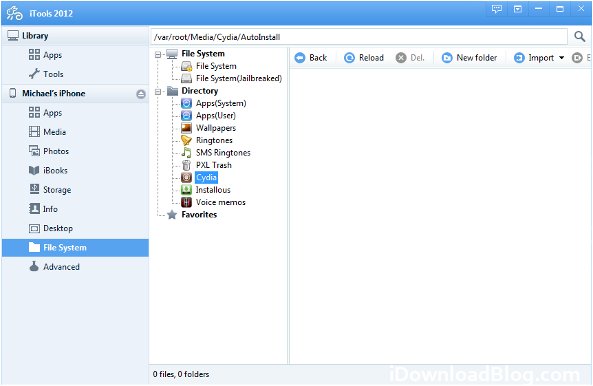Deb File Installer Application

Packages are manually installed via the dpkg command (Debian Package Management System). Dpkg is the backend to commands like apt-get and aptitude, which in turn are the backend for GUI install apps like the Software Center and Synaptic. Something along the lines of: dpkg -->apt-get, aptitude -->Synaptic, Software Center But of course the easiest ways to install a package would be, first, the GUI apps (Synaptic, Software Center, etc.), followed by the terminal commands apt-get and aptitude that add a very nice user friendly approach to the backend dpkg, including but not limited to packaged dependencies, control over what is installed, needs update, not installed, broken packages, etc. Lastly the dpkg command which is the base for all of them. Since dpkg is the base, you can use it to install packaged directly from the command line. Install a package sudo dpkg -i DEB_PACKAGE For example if the package file is called askubuntu_2. Bosch Esi Tronic Crack 2012 Presidential Election there. 0.deb then you should do sudo dpkg -i askubuntu_2.0.deb. If dpkg reports an error due to dependency problems, you can run sudo apt-get install -f to download the missing dependencies and configure everything.
If that reports an error, you'll have to sort out the dependencies yourself by following for example. Remove a package sudo dpkg -r PACKAGE_NAME For example if the package is called askubuntu then you should do sudo dpkg -r askubuntu. Reconfigure an existing package sudo dpkg-reconfigure PACKAGE_NAME This is useful when you need to reconfigure something related to said package. Some useful examples it the keyboard-configuration when you want to enable the Ctrl+ Alt+ Backspace in order to reset the X server, so you would the following: sudo dpkg-reconfigure keyboard-configuration Another great one is when you need to set the Timezone for a server or your local testing computer, so you use use the tzdata package: sudo dpkg-reconfigure tzdata. Debian (.deb) packages are the packages that are used in Ubuntu. You can install any.deb package in your system..deb files can generally be installed from your file manager (Nautilus) merely by clicking on them, since file associations with the default installer is already set in Ubuntu. These instructions are for those who wish to install packages from the command-line terminal (Terminal). Thompson 1928a1 Serial Numbers.
To install a downloaded Debian () package (.deb): Open Terminal and type sudo dpkg -i packagename.deb To remove a Debian (Ubuntu) package (.deb): sudo dpkg -r packagename To Reconfigure/Repair an installed Debian (Ubuntu) package (.deb): sudo dpkg-reconfigure packagename. Create your own script installer debInstaller as the following: #! Altivar 12 User Manual. /bin/bash dpkg -i '$@' apt-get --yes --fix-broken install Make the script executable with chmod +x debInstaller Then move it to some dirs in your PATH or add the current directory to your PATH. I'm going to move it to /usr/bin sudo cp debInstaller /usr/bin Now you can install any.deb package using the command: sudo debInstaller some-package.deb The added value of this method is the solving the dependencies problem, since mostly you'll face some problems when you install a.deb with dpkg -i due to dependencies error, so you have to use apt-get install -f to solve it, this script will do the job for you, but here I used apt-get --yes --fix-broken install to automatically solve these errors without user intervention.
Linux PreInstallation; Linux General Installation Notes: RPM or DEB; Linux RPM-based; Linux DEB-based; Additional Linux Information. Installation Problems; Additional. Windows Explorer users will want to find the file and double-click to launch the unpacking and installation program. Alternately, Mozilla/Netscape users. Installing the CUDA Toolkit. Watch this short video about how to install the CUDA Toolkit.